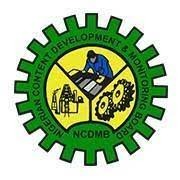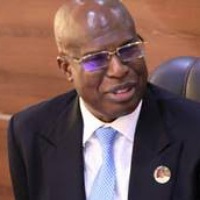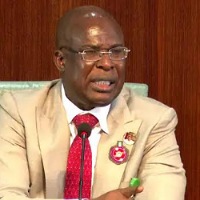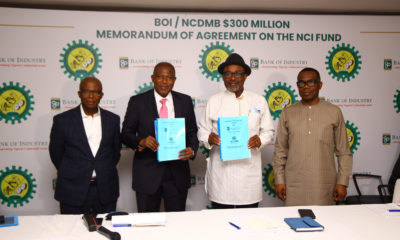Energy
NCDMB to boost domestic manufacturing by 1 million LPG cylinders annually, as Sylva unveils Gas hub and Rungas Plant
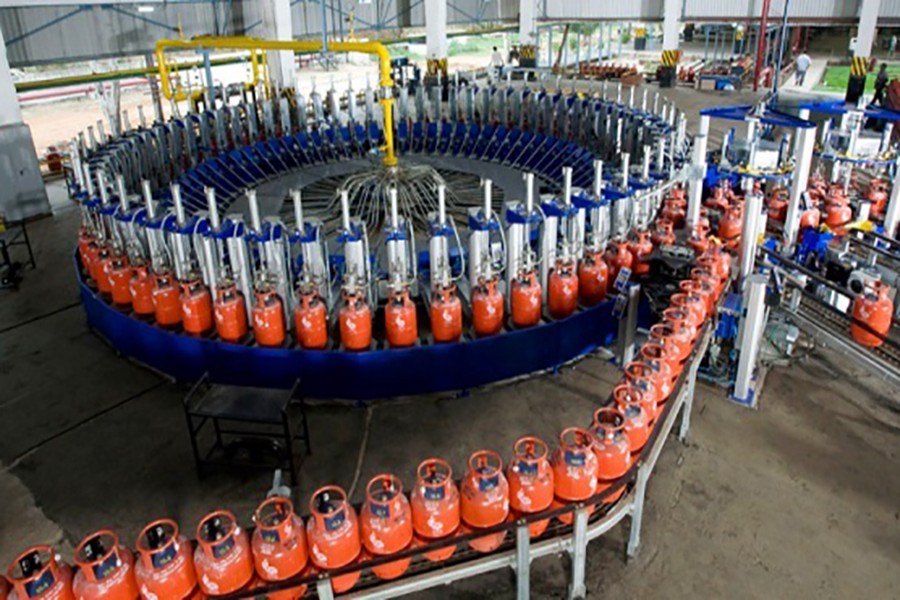
Yemie ADEOYE
YENAGOA -IN an effort to further strengthen the federal government’s quest for economic diversification and local manufacturing, the Nigerian Content Development and Monitoring Board (NCDMB) is now set for the domestic production of about one million Liquefied Petroleum Gas (LPG) annually, from its newly unveiled gas Hub situated in Bayelsa state, south-south Nigeria.
The Minister of State for Petroleum Resources, Chief Timipre Sylva graciously unveiled the NCDMB Gas Hub and performed the groundbreaking ceremony of Rungas LPG Composite Cylinder Manufacturing plant, located inside the Gas Hub at Polaku community in Bayelsa state.
This was contained in a statement issued by the Board in Yenagoa, and made available to Biztellers.com.ng via electronic mail.
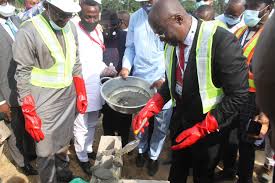
Nigeria’s Minister of state, Petroleum Resources, Chief Timipre Sylva, and the Executive Secretary, NCDMB, Engr. Simbi Wabote, during the unveiling and groundbreaking ceremony of the NCDMB Gas Hub and Rungas LPG Plant in Bayelsa state.
The Gas Hub is sited at the 10.6 hectares of land which the Board had purchased at Polaku Community in 2013 for the purpose of establishing a pipemill. Discussions with various investors regarding set up of the pipemill did not yield desired results, thereby forcing the Board to re-strategise on how to utilise the land for productive uses.
Speaking at the event, the Minister stated that the project was in furtherance of the efforts of President Muhammadu Buhari’s administration to diversify the Nigerian economy by developing the nation’s huge gas resources across the entire value chain.
He commended NCDMB for re-strategizing to utilize the 10 hectares of land for gas related projects, adding that the event is a practical step being taken to give effect to the Federal government declaration of 2020 as year of gas.
Commenting on the proximity of the NCDMB gas hub to the Shell Gbarain-Ubie gas plant, Sylvia hinted that it will provide opportunities to leverage and activate value adding initiatives.
“The location of this land is close to the Gbarain Gas Plant that produces more than one billion standard cubic feet per day of gas; that provides opportunities to leverage on the proximity to activate value adding initiatives and lead to industrialization and multiple economic activities.
Commenting on the groundbreaking of Rungas Prime limited facility, Sylva said achieving LPG penetration across Nigeria will require targeted interventions directed at both the demand and supply end of the LPG value-chain. He mentioned that it is a pragmatic step towards achieving Federal Government’s agenda of LPG penetration towards making LPG the preferred choice for cooking fuel.
The Minister indicated that the manufacturing plant will have the capacity to produce between 400,000 to 1 million LPG composite cylinders per annum and in turn make composite LPG cylinders accessible and affordable to Nigerians as well as create employment opportunities during its construction and operations phase.
Sylva assured Rungas and other stakeholders that the Ministry of Petroleum Resources was committed to supporting the success of the manufacturing plant, adding that a committee had been set-up to drive the National Gas Expansion Program to make Nigeria the gas hub for the African continent.
In his remarks, the Executive Secretary, NCDMB, Engr. Simbi Kesiye Wabote explained that the Board developed a 10-Year Strategic roadmap in 2017 and commenced its implementation in January 2018, with an ambitious goal of achieving 70 percent Nigerian Content level by the year 2027.
He said: ”Technical Capability Development is one of the pillars of our Strategic Roadmap meant to facilitate the building of manufacturing facilities and capabilities to support in-country manufacturing and assembly of equipment and input materials required for exploration and production activities’’.
Wabote explained that the strategic roadmap provided the leverage to use the Polaku land for gas related activities and partner with Rungas Limited to setup LPG Cylinder Manufacturing plant; Shell Nigeria Gas to set up Pressure Reduction and Metering Station and Total Support Energy Limited for the provision of CNG and LNG mother-stations.
Shedding more light on the Board’s new strategies for the Polaku land, Wabote stated that “within a year of changing the direction towards gas, we have finalised partnerships with three investors with four hectares of the land already taken up.
He mentioned that these activities will contribute to our drive towards the 70 percent Nigerian Content and creation of job opportunities and other economic activities.
He congratulated Rungas Prime Industries Limited and other stakeholders for taking the bold step to bring the facility to Bayelsa State.
-End-
Energy
Sahara Group Urges More Refining, Storage To Boost Africa’s Downstream
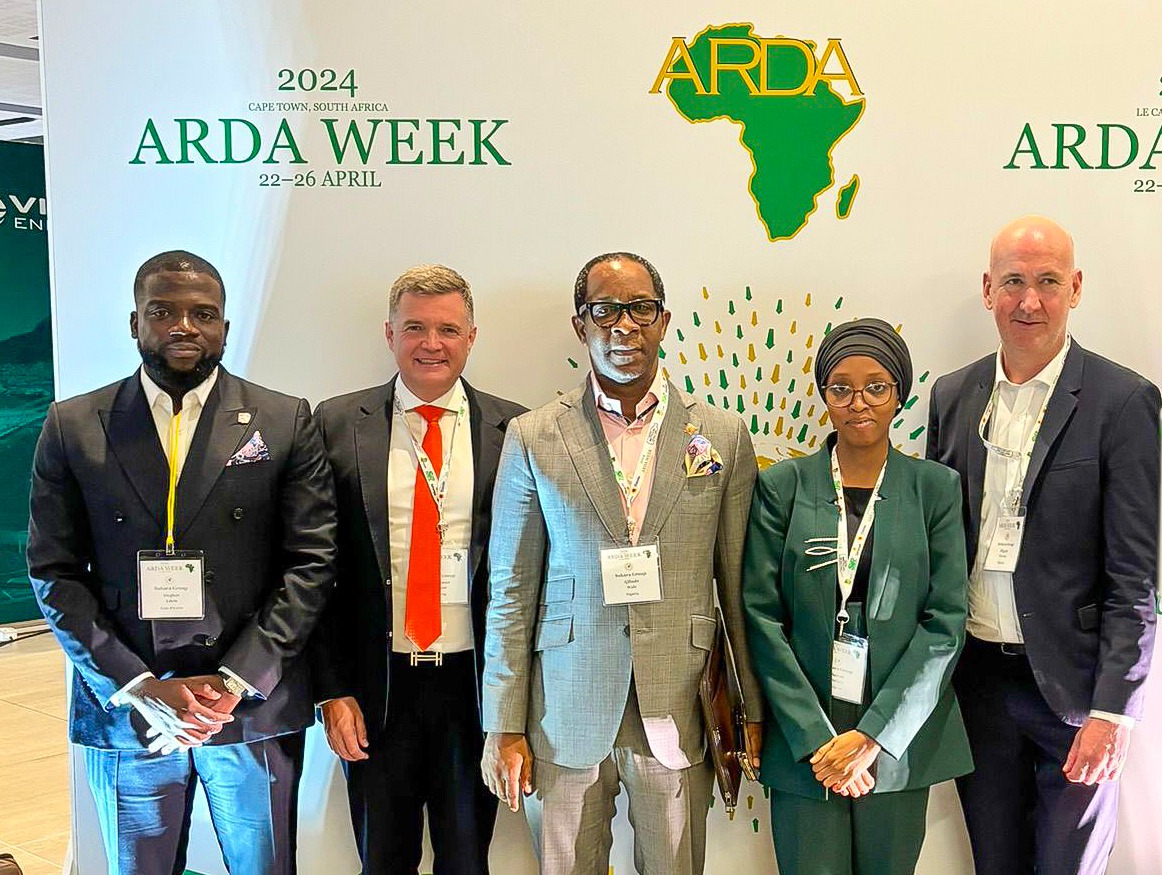
Inadequate refining capacity, insufficient storage, and impeded product movement across Africa are the three major impediments slowing the growth of the continent’s downstream oil sector, Wale Ajibade, Executive Director, Sahara Group has said.
Ajibade expressed his views in a paper “Africa Downstream Market Developments and Forecast” presented at the recently concluded Africa Refiners and Distributors Association (ARDA) Week 2024 in Cape Town, South Africa.
He maintained that addressing these gaps would transform Africa’s downstream petroleum industry.
Biztellers reports that the ARDA Week 2024 is Africa’s foremost gathering of stakeholders in the downstream oil industry.
Ajibade noted that shoring up the continent’s refining capacity was critical to sustaining efficiency, availability and accessibility in the sector.
He explained that as Africa explored ways of achieving hitch-free energy transition, efforts must be made to ensure optimisation of the sector’s value responsibly and collaboratively.
In his words, “Many African countries lack sufficient refining capacity to meet domestic demand, leading to heavy reliance on imports. This lack of self-sufficiency leaves these markets vulnerable to supply disruptions.
“Addressing this would require fresh investments and collaboration across the sector’s value chain.”
On insufficient storage infrastructure, Ajibade pointed out that this has continued to hamper the ability to maintain strategic reserves and ensure reliable supply during times of high demand or supply chain disruptions.
“In East Africa, shippers at Beira, Dar es Salaam and Mombasa — the key entry ports for refined products — are experiencing significant demurrage. Ageing and poorly maintained pipeline networks result in significant product losses and distribution bottlenecks,” he stated.
According to him, a collaborative solution which involves regulators, operators, investors, financial institutions, and government owned oil companies is required to help the African downstream sector to reach its full potential and provide reliable and affordable energy access to the continent’s growing population.
“Africa’s downstream Market leaders will need to work closely with her the various governments and agencies to carefully navigate the complex challenges through regulation and technology adoption while pushing for sustainable growth across Africa,” he added.
He also stated that the continent increasingly relied on imports of refined products to support consumption growth, primarily due to the underutilisation of existing refineries caused by technical issues.
He called for, “Investments in refinery upgrades, pipeline modernisation, and the construction of new storage facilities will be crucial to overcoming these challenges and unlocking the region’s energy security and economic development.”
Highlighting some positive trends in the sector, Ajibade said the African downstream market is experiencing rapid growth and transformation, driven by soaring energy demand, population growth, and the focus on industrialisation, urbanisation, and economic He explained that these would drive the demand for refined petroleum products, petrochemicals, and related downstream services is forecasted to grow by up to 30% by 2040.
“Africa is experiencing a lot of migration from rural to urban areas. In 2015, Africa had only six cities with more than five residents compared to 17 expected in 2030. Africa has experienced an increase in the number and capacity of industries across the continent, with industrial GDP set to double by 2025,” he said.
On the promotion of regional and cross-border trade, Ajibade noted that initiatives such as the African Continental Free Trade Area are promoting regional integration and facilitating cross-border trade in downstream products.
“This is encouraging investments in integrated downstream assets, logistical infrastructure, and harmonised regulatory frameworks to capitalise on the expanded market opportunities,” concluding that production of chemicals, plastics, lubricants, and specialty products would foster self-sufficiency and spur economic growth through increased job creation, reduced import reliance and enhanced technological innovation,” he added.
Energy
NNPC Ltd, Partner Unlock 12,000bpd Production From Awoba Unit Field
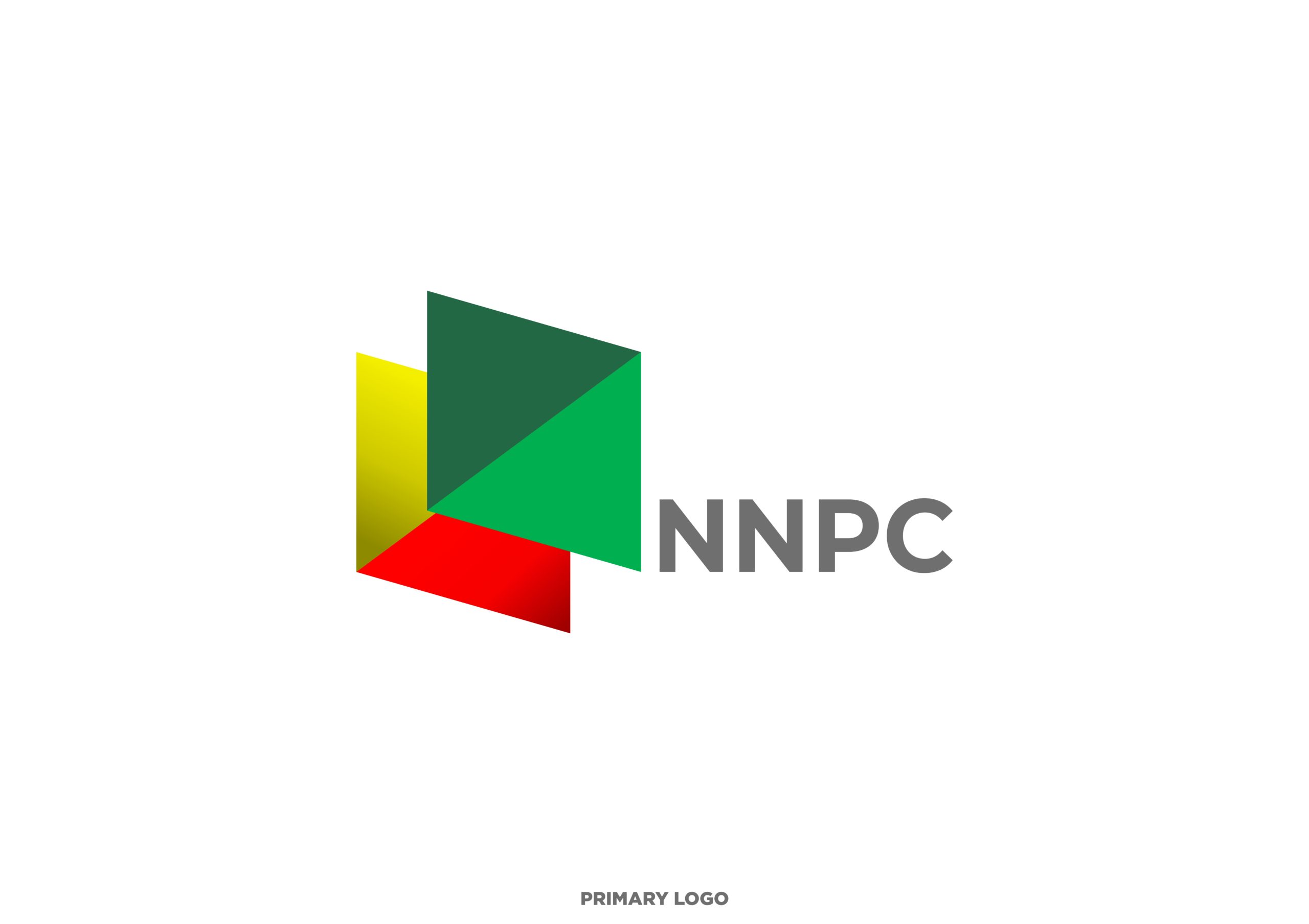
Keen on optimising production from the nation’s hydrocarbon assets to boost revenues and meet her OPEC production quota, the Nigerian National Petroleum Company Limited (NNPC Ltd.) and its Joint Venture partner in the Awoba Unit Field, Newcross Exploration and Production Ltd., have restarted production from the Awoba field which last contributed production to the Bonny Terminal in 2021 and was finally shut down in February 2022 due to evacuation issues and crude oil theft.
This was contained in a statement put out on the state oil company’s X handle on Tuesday from Abuja, under the signature of its Chief Corporate Communications Officer, Olufemi O. Soneye.
He asserted that since the restart of the Awoba field by NNPC Ltd and it partners on April 13, 2024; production from the field has averaged 8,000 barrels per day and is expected to plateau at 12,000 per day at full ramp up within 30 days.
Awoba is also expected to significantly boost gas supply to the power sector and other gas-based industries, Soneye added.
Biztellers reports that the Awoba Unit which straddles OMLs 18 and 24 is located in the mangrove swamp south of Port Harcourt, Rivers State. Both OML 18 and OML 24 assets are under the management of the NNPC Upstream Investment Management Services (NUIMS).
Recall that the NNPC Ltd. has been recording a string of production successes from the JV portfolio which have significantly lifted overall national production. Besides the recent start of production at the Madu Field by the NNPC Ltd/First E&P JV, the company has achieved the restart of production at OMLs 29 and OML 18 in late 2023 which have steadily contributed an average of 60,000bpd to the nation’s production output since their restart.
The Group Chief Executive Officer of NNPC Ltd., Mallam Mele Kyari, ascribed the achievement to the President Bola Ahmed Tinubu administration’s success in providing enabling operating environment for businesses to thrive.
He expressed appreciation to all stakeholders (staff, operators, host communities, government security agencies, and private security contractors) who played a pivotal role in achieving the feat.
Energy
NNPC Ltd, First E&P Achieve 20,000bpd Production At OML 85
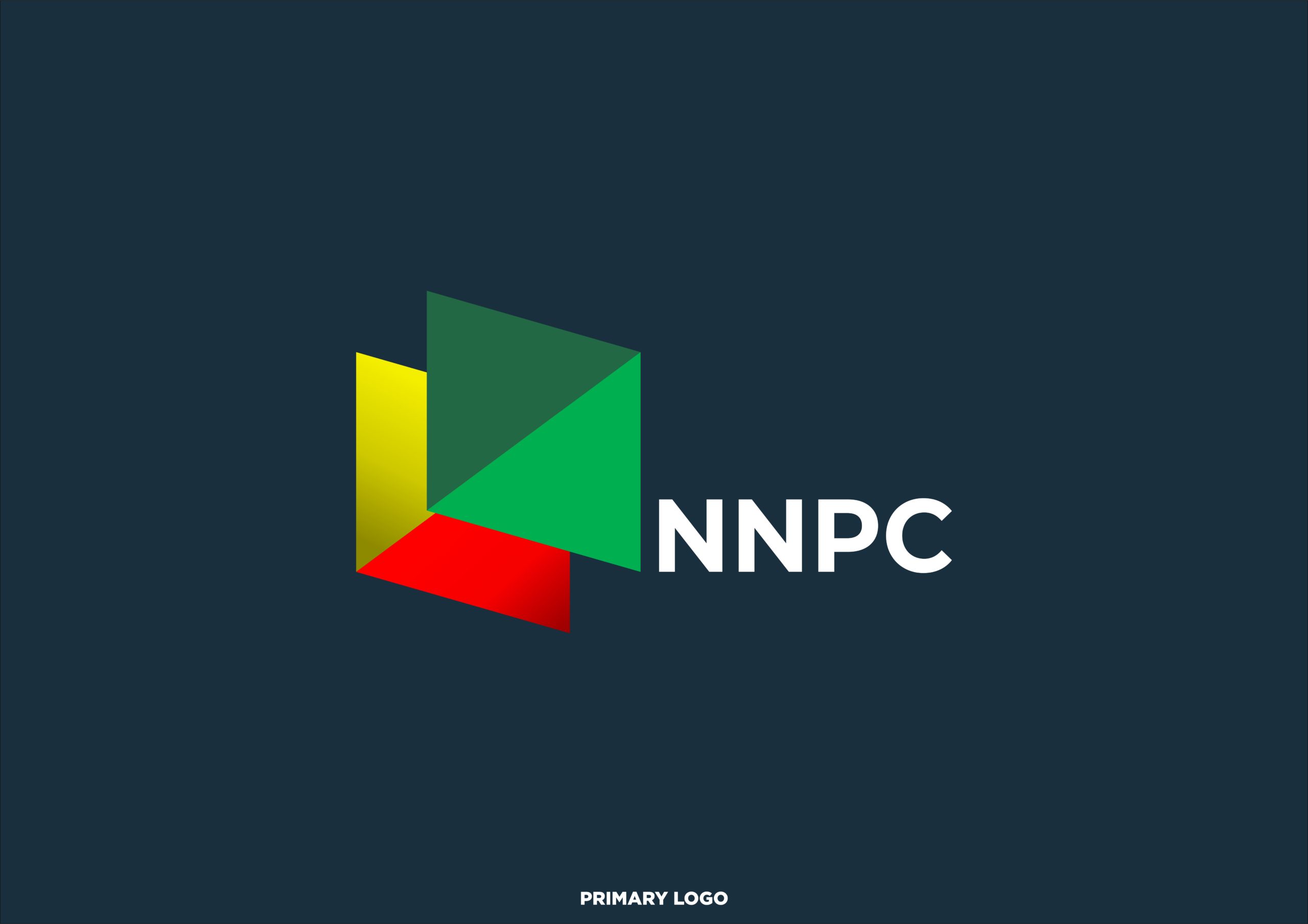
The Nigerian National Petroleum Company Limited (NNPC Ltd) and its Joint Venture partner in OML 85, First Exploration and Petroleum Development Company Limited (First E&P), have commenced oil production from the asset also known as Madu Field.
Biztellers reports that production from the field which is located in shallow waters offshore Bayelsa State and operated by First E&P is expected to be at an average of 20,000 barrels per day.
The achievement is a testament to the commitment of the President Bola Tinubu administration to optimise production from the nation’s oil and gas assets through the provision of enabling environment for existing and prospective investors.
According to the Group Chief Executive Officer of NNPC Ltd, Mele Kyari, the commencement of oil production at the Madu Field is a significant milestone that will contribute to the larger goal of meeting the production required to drive revenue growth and boost the nation’s economy.
He commended stakeholders for their support, and opined that the addition of 20,000 barrels per day by an indigenous oil player signals the commitment of stakeholders to achieving economic development for Nigeria.
Recall that the Final Investment Decision (FID) on the development of the Madu Field and a sister field, Anyala, was taken by the NNPC Ltd/First E&P JV in 2018.
Production from the Madu Field will be processed at the JV’s Abigail-Joseph Floating Production Storage and Offloading (FPSO) Unit, which has a crude oil storage capacity of up to 800,000bbls.



